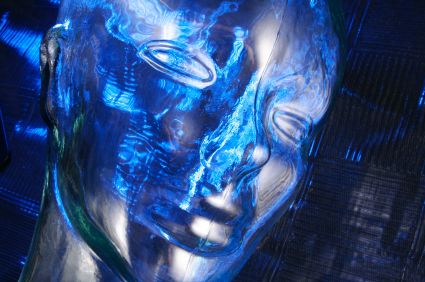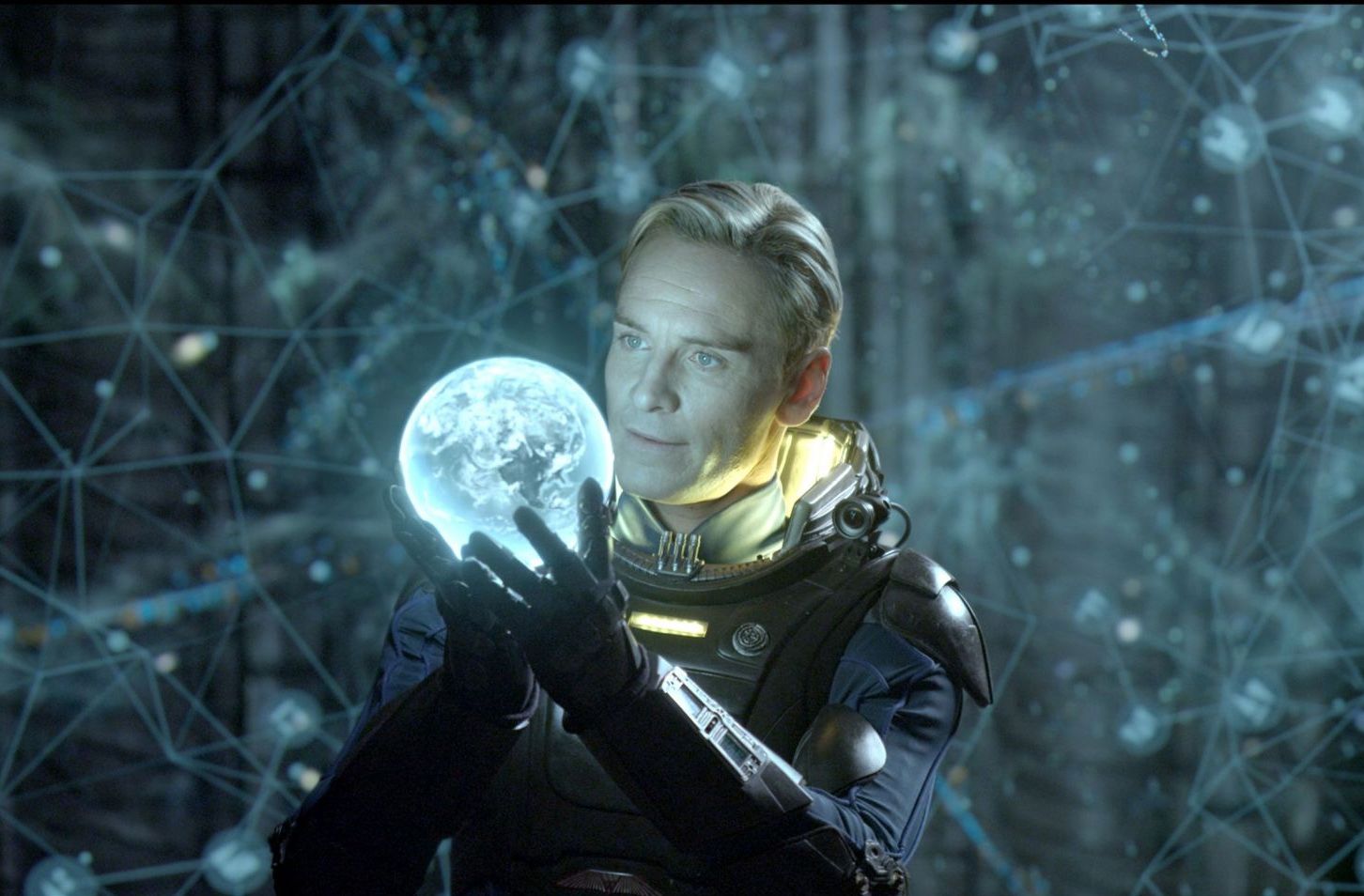
For every friendly robot we see in science fiction such as Star Wars’s C3PO, there are others with a more sinister reputation that you can find in films such as I, Robot. Most movie robots can indeed be classified into a range of archetypes and purposes. Science boffins at Cambridge University have taken the unusual step of evaluating the exact risks of humanity suffering from a Terminator-style meltdown at the Cambridge Project for Existential Risk.
“Robots On the Run” is currently an unlikely scenario, so don’t stockpile rations and weapons in panic just yet. But with machine intelligence continually evolving, developing and even crossing thresholds of creativity and and language, what holds now might not in the future. Robotic technology is making huge advances in great part thanks to the efforts of Japanese scientists and Robot Wars. For the time being, the term AI (artificial intelligence) might sound like a Hollywood invention (the term was translated by Steven Spielberg in a landmark film, after all), but the science behind it is real and is not going to go away. Robots can now actually learn things akin to the way humans pick up information. Nevertheless, some scientists believe that there are limits to the level of intelligence that robots will be able to achieve in the future. In a special ScriptPhD guest post, we examine the current state of artificial intelligence, and the possibilities that the future holds for this technology.
Is AI a false dawn?
While artificial intelligence has certainly delivered impressive advances in some respects, it has also not successfully implemented the kind of groundbreaking high-order human activity that some would have envisaged long ago. Replicating technology such as thought, conversation and reasoning in robots is extraordinarily complicated. Take, for example, teaching robots to talk. AI programming has enabled robots to hold rudimentary conversations together, but the conversation observed here is extremely simple and far from matching or surpassing even everyday human chit-chat. There have been other advances in AI, but these tend to be fairly singular in approach. In essence, it is possible to get AI machines to perform some of the tasks we humans can cope with, as witnessed by the robot “Watson” defeating humanity’s best and brightest at the quiz show Jeopardy!, but we are very far away from creating a complete robot that can manage our level of multi-tasking.

Despite these modest advances to date, technology throughout history has often evolved in a hyperbolic pattern after a long, linear period of discovery and research. For example, as the Cambridge scientists pointed out, many people doubted the possibility of heavier-than-air flight. This has been achieved and improved many times over, even to supersonic speeds, since the Wright Brothers’ unprecedented world’s first successful airplane flight. In last year’s sci-fi epic “Prometheus,” the android David is an engineered human designed to assist an exploratory ship’s crew in every way. David anticipates their desires, needs, yet also exhibits the ability to reason, share emotions and feel complex meta-awareness. Forward-reaching? Not possible now? Perhaps. But by 2050, computers controlling robot “brains” will be able to execute 100 trillion instructions per second, on par with human brain activity. How those robots order these trillions of thoughts, only time will tell!
If nature can engineer it, why can’t we?

The human brain is a marvelous feat of natural engineering. Making sense of this unique organ that makes humans who we are requires a conglomeration of neuroscience, mathematics and physiology. MIT neuroscientist Sebastian Seung is attempting to do precisely that – reverse engineer the human brain in order to map out every neuron and connection therein, creating a road map to how we think and function. The feat, called the connectome, is likely to be accomplished by 2020, and is probably the first tentative step towards creating a machine that is more powerful than human brain. No supercomputer that can simulate the human brain exists yet. But researchers at the IBM cognitive computing project, backed by a $5 million grant from US military research arm DARPA, aim to engineer software simulations that will complement hardware chips modeled after how the human brain works. The research is already being implemented by DARPA into brain implants that have better control of artificial prosthetic limbs.
The plausibility that technology will catch up to millions of years of evolution in a few years’ time seems inevitable. But the question remains… what then? In a brilliant recent New York Times editorial, University of Cambridge philosopher Huw Price muses about the nature of human existentialism in an age of the singularity. “Indeed, it’s not really clear who “we” would be, in those circumstances. Would we be humans surviving (or not) in an environment in which superior machine intelligences had taken the reins, to speak? Would we be human intelligences somehow extended by nonbiological means? Would we be in some sense entirely posthuman (though thinking of ourselves perhaps as descendants of humans)?” Amidst the fears of what engineered beings, robotic or otherwise, would do to us, lies an even scarier question, most recently explored in Vincenzo Natali’s sci-fi horror epic Splice: what responsibility do we hold for what we did to them?
Is it already checkmate AI?

Computers have already beaten humans hands down in a number of computational metrics, perhaps most notably when the IBM chess computer Deep Blue outwitted then-world champion Gary Kasparov back in 1997, or the more recent aforementioned quiz show trouncing by Watson. There are many reasons behind these supercomputing landmarks, not the least of which is the much quicker capacity for calculations and are not being subject to the vagaries of human error. Thus, from the narrow AI point of view, hyper-programmed robots are already well on their way, buoyed by hardware and computing advances and programming capacity. According to Moore’s law, the amount of computing power we can fit on a chip doubles every two years, an accurate estimation to date, despite skeptics who claim that the dynamics of Moore’s law will eventually have to end. Nevertheless, futurist Ray Kurtzweil predicts that computers’ role in our lives will expand far beyond tablets, phones and the Internet. Taking a page out of The Terminator, Kurtzweil believes that humans will eventually be implanted with computers (a sort of artificial intelligence chimera) for longer life and greater brain capacity. If the researchers developing artificial intelligence at Google X Labs have their say, this day will arrive sooner rather than later.
There may be no i in robot, but that does not necessarily mean that advanced artificial beings would be altruistic, or even remotely friendly to their organic human counterparts. They do not (yet) have the emotions, free will and values that humans use to guide our decision-making. While it is unlikely that robots would necessarily be outright hostile to humans, it is possible that they would be indifferent to us, or even worse, think that we are a danger to ourselves and the planet and seek to either restrict our freedom or do away with humans entirely. At the very least, development and use of this technology will yield considerable novel ethical and moral quandaries.
There may not be much telling what the future of technology holds just yet, but in the meantime, humanity can be comforted by the knowledge that it will be a while before an all-powerful robot crashes the party.
Reese Jones is a tech and gadget lover, a die-hard fan of iOS and console games. She writes about everything from quick tech tips, to mobile-specific news from the likes of O2, to tech-related DIY. Follow her on Twitter and Google+.
*****************
ScriptPhD.com covers science and technology in entertainment, media and advertising. Hire our consulting company for creative content development.
Subscribe to free email notifications of new posts on our home page.














